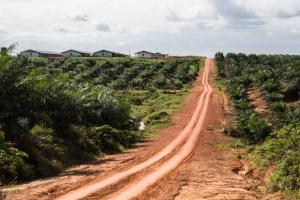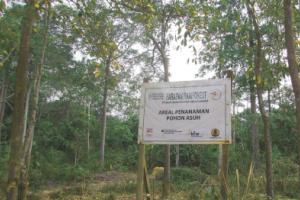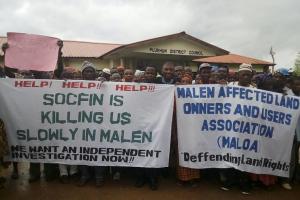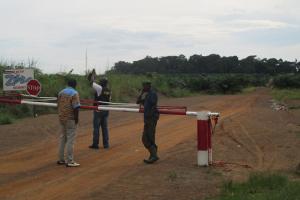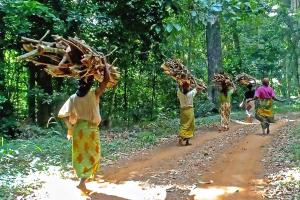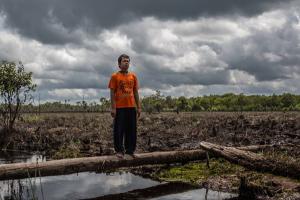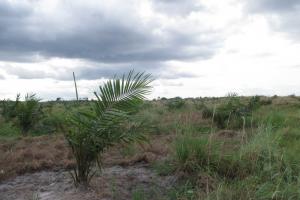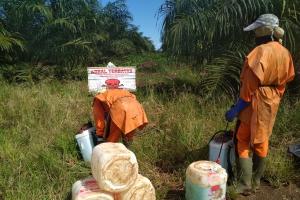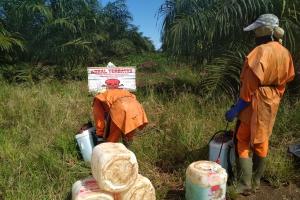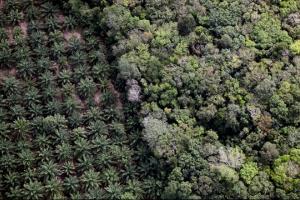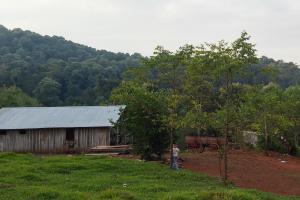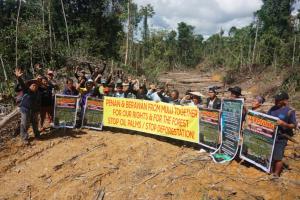Palm Oil
The oil palm tree is native to West Africa. It is an important tree for forest-dependent communities, their cultures and their economies. However, large-scale oil palm monocultures for industrial production (oil and agrofuels) have been driving deforestation and land grabbing in Southeast Asia. More recently, oil palm monocultures are also driving destruction in Africa and Latin America.
Back in 2004, conservation NGOs and the Indonesian Ministry of Forestry pioneered with a model called Ecosystem Restoration Concessions. This article takes a closer look at this model in the context of new and old threats to forests, and the global push for “forest restoration”. (Available in Indonesian).
What are the experiences of communities living inside or adjacent to the plantation areas of companies with “zero deforestation” pledges? How can these companies continue expanding without deforesting in densely forested countries?
The Singapore-based OLAM company has secured access to 500 thousand hectares of land in Gabon to set up large-scale oil palm plantations, a country with 85% of forest coverage. How can OLAM then claim to follow a “zero deforestation” commitment?
Exploitative working conditions in the oil palm plantations’ industry in Indonesia are persistent and the main victims are mostly women. Although this situation is often overlooked, the production process of the world’s largest producer of palm oil is strongly influenced by its existence.
While the destruction of forest territories continues, more pledges, agreements and programs are being implemented in the name of ‘addressing deforestation and climate change’.
Millions of hectares of mostly forested areas in Malaysia have been targeted for developing monoculture plantations –including expanding timber plantations-, however, many of these have not been fully developed yet.
